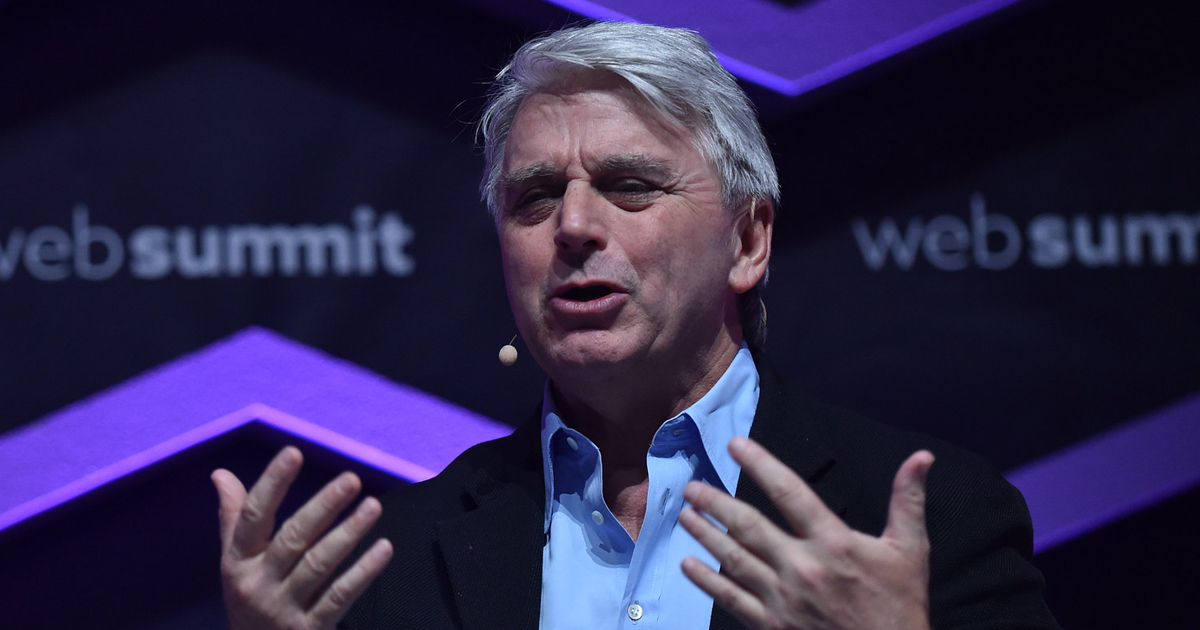Unity has announced a leadership transition after facing a huge backlash for rolling out its new pricing policy and trying to oblige devs to pay for game installs. John Riccitiello will be stepping down as CEO and president of the company after nearly 10 years.

- As announced in a press release, Riccitiello will retire “effective immediately.” He will continue to advise Unity to “ensure a smooth transition.”
- “It’s been a privilege to lead Unity for nearly a decade and serve our employees, customers, developers and partners, all of whom have been instrumental to the company’s growth,” Riccitiello said in a statement.
- James M. Whitehurst will take on the role as interim chief executive officer, president and member of the board, and Roelof Botha will replace Riccitiello as chairman.
- Whitehurst is an experienced business executive, who has been serving as a special advisor for Silver Lake since March 2021. He is also known for being a senior advisor and president of IBM, CEO of Red Hat, and COO of Delta Air Lines. However this is the first time he is involved in running a game company.
- Botha is a venture capitalist, who has been a partner at Sequoia Capital for the past 20 years. He has also been sitting on the board of Unity since September 2009.
Unity came under fire last month after introducing the so-called Runtime Fee based on game installs. Many developers opposed the decision, threating to boycott the company and its engine. For example, Terraria developer Re-Logic not only condemned the move, but also donated $200k to open source engines Godot and FNA, and a hundreds of mobile publishers, including Azur Games and Voodoo, decided to ditch Unity monetization tools as a protest against per-install fees.
This made Unity revamp the most controversial parts of the Runtime Fee policy by offering devs to choose to pay either additional fees based on the number of new installs or a 2.5% revenue share after passing $1 million in 12-month revenue and 1 million lifetime initial installs. On top of that, the company decided to not make the new pricing retroactive, as it will now only apply to projects upgraded to the next LTM release.
John Riccitiello was appointed CEO of Unity in October 2014, leading the company’s transition from a perpetual license to a subscription model and helping it go public through an IPO. In the games industry, he is also known as the former CEO of Electronic Arts, which he ran twice — from November 1998 to March 2004 and from April 2007 to February 2013.
